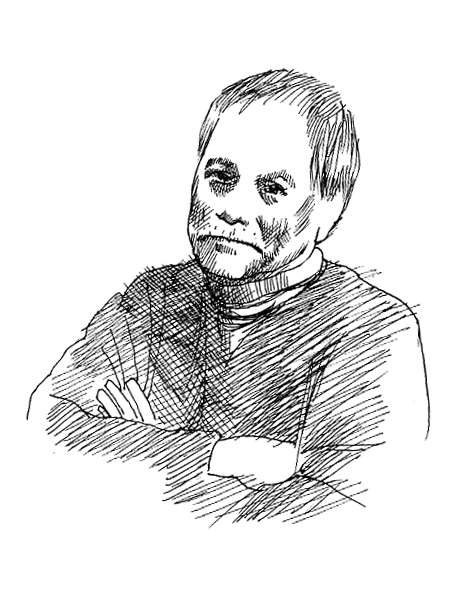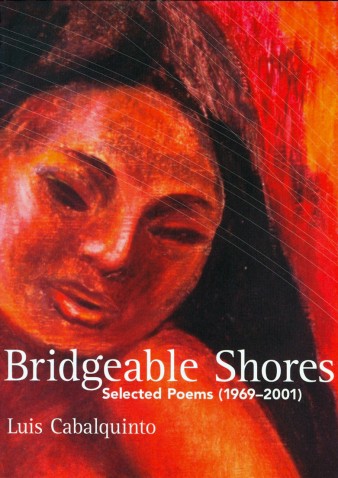Luis Cabalquinto
Born in the Philippines, Luis Cabalquinto first came to the United States in 1968. He studied writing at Cornell University, the New School, and New York University. He writes in English and two Filipino languages. He lives in New York and the Philippines.
books
Bridgeable Shores: Selected Poems
Bridgeable Shores: Selected Poems (1969-2001) is the first United States publication of the work of the veteran Filipino American poet Luis Cabalquinto. This long overdue collection features the compassion, wisdom, and well-being gained from the multi-ethnic worlds the author inhabits. Comprising four sections in total, it is the first two that form the heart of the book: “Morningland,” which features poems inspired by the Philippines, and “Sun on Ice,” inspired by New York. By choosing this structure of two separate but “bridgeable” shores, Cabalquinto embodies the expatriate Filipino as poet and celebrates the possibility of crosscultural harmony.
praise
“Generous and without pretense, these poems not only show us what it’s like to dwell in two worlds, his ancestral home in Magarao, Philippines, and his beloved Manhattan, but also chronicle what it feels like to be human. Cabalquinto’s poetry captures a range of lyrical events and the poet’s obsession with transcendence and delights in the common union between the sacred and the profane.”
— Eugene Gloria, author of Drivers at the Short-Time Motel
“Although Luis Cabalquinto has been writing some of the most stimulating American poetry since the end of the Second World War, with the publication of Bridgeable Shores, for the first time we are treated to a full feast of poems that only the literary cognoscenti had on their menus. A welcome addition to the field of Asian American literature from a Filipino master of letters, this collection is a must for all libraries.”
— Nick Carbó, author of Secret Asian Man
“Luis Cabalquinto suffers from a useful malady for poets: a passion for the turn and tuck of words. He serves them up on a strong bed of narrative, of story. These poems teach, tell us about the dilemmas of exile and immigration, what happens when we look back at the cities we have left and begin to sing before we turn to stone.”
—Indran Amirthanayagam, author of El Infierno de los Pajaros


